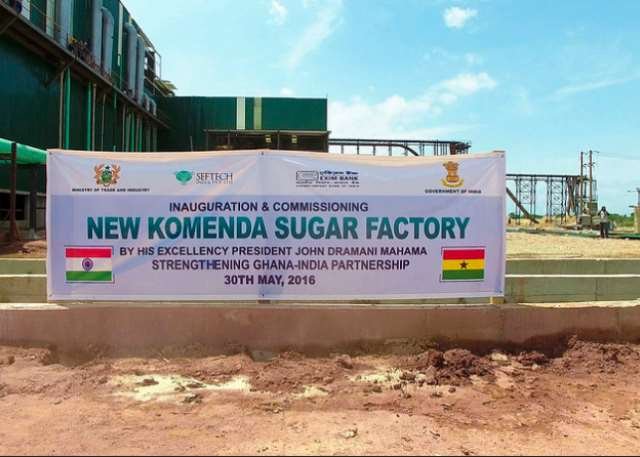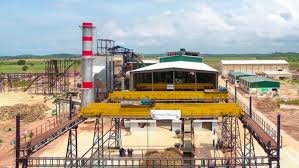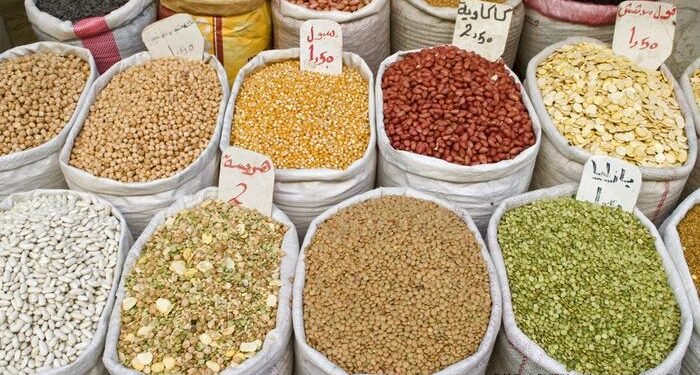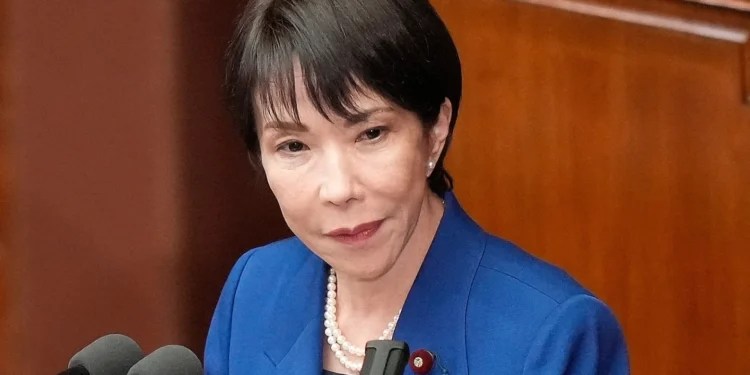The inauguration of an Interim Management Committee (IMC) for the Komenda Sugar Factory marks what IMANI Africa says could be a turning point in Ghana’s approach to industrial revival.
The policy think tank stressed that, unlike previous rushed restarts, this move shows potential for an evidence-based path if the committee’s mandate is followed through without political shortcuts.
“The Komenda Sugar Factory can work, but only if the fundamentals are fixed before the machines start running,” IMANI Africa stated.
IMANI Africa noted that the IMC’s task is to conduct a full technical, financial, and operational review before any attempt to resume production. According to the organisation, this level of groundwork has been missing in Ghana’s past industrial interventions and is vital for ensuring the factory’s long-term success.
IMANI Africa observed that Komenda’s troubled history reflects Ghana’s wider industrial struggles. From chronic raw material shortages to an overreliance on imported technical expertise, the factory’s inability to sustain operations is tied to systemic weaknesses.
These include underdeveloped outgrower systems, weak supply chains, and policy timelines dictated by politics rather than production realities.

The think tank highlighted that while Ghana spends hundreds of millions of cedis annually importing sugar, the factory’s production capacity has sat idle. In their view, the gap between local potential and actual output is a clear sign of policy failure that the current revival effort must address.
IMANI insisted that the most important step for Komenda is to guarantee a steady supply of sugarcane. Without this, they said, the factory’s output targets will remain “wishful thinking.”
“Revitalising sugarcane farming in the Central Region, supported by financing, irrigation, and guaranteed offtake agreements, is non-negotiable if Komenda is to operate at full capacity”
IMANI Africa
It explained that this would require close collaboration between government and the private sector to establish a viable outgrower scheme that provides incentives for farmers while linking them directly to the factory.
Building Local Technical Capacity
Another key priority, according to IMANI Africa, is reducing reliance on foreign technical expertise by training Ghanaian engineers, technicians, and operators. The think tank warned that without strong local capacity, the factory risks slipping back into disrepair once foreign experts depart.

IMANI argued that the IMC’s technical review should include strategies for sustained skills transfer and partnerships with technical institutions to ensure long-term operational independence.
It further emphasised that execution discipline is as important as technical readiness. Industrial projects, they said, must be run like businesses with clear milestones, public progress reports, and consequences for missed targets.
“Komenda cannot afford another cycle of political fanfare followed by quiet collapse,” IMANI Africa cautioned.
The group called for the IMC to be given both autonomy and resources, backed by a culture of transparency that allows stakeholders to track progress in real time.
Ghana’s Manufacturing Future
IMANI Africa believes the lessons from Komenda go beyond sugar production.
It argued that the same principles – reliable raw materials, strong local technical capacity, and disciplined project execution – must be applied across all manufacturing sectors, including agro-processing, textiles, machinery, pharmaceuticals, and food supplements.

According to the think tank, a successful Komenda revival could significantly “cut Ghana’s sugar import bill, create jobs, stimulate related industries, and prove that pragmatic industrial policy works.”
However, it warned that failure would reinforce the perception that Ghana’s industrial policies are driven more by political symbolism than by sustainable economic strategy.
“The stakes are high. If done right, Komenda can be a model for how Ghana revives its manufacturing base. If done wrong, it will be another expensive reminder of what happens when politics overrides planning”
IMANI Africa
As the IMC begins its review, IMANI Africa stressed that the public, private sector, and policymakers must remain vigilant. It concluded that only a disciplined, transparent, and well-resourced approach will ensure Komenda’s revival delivers both economic and social dividends.























